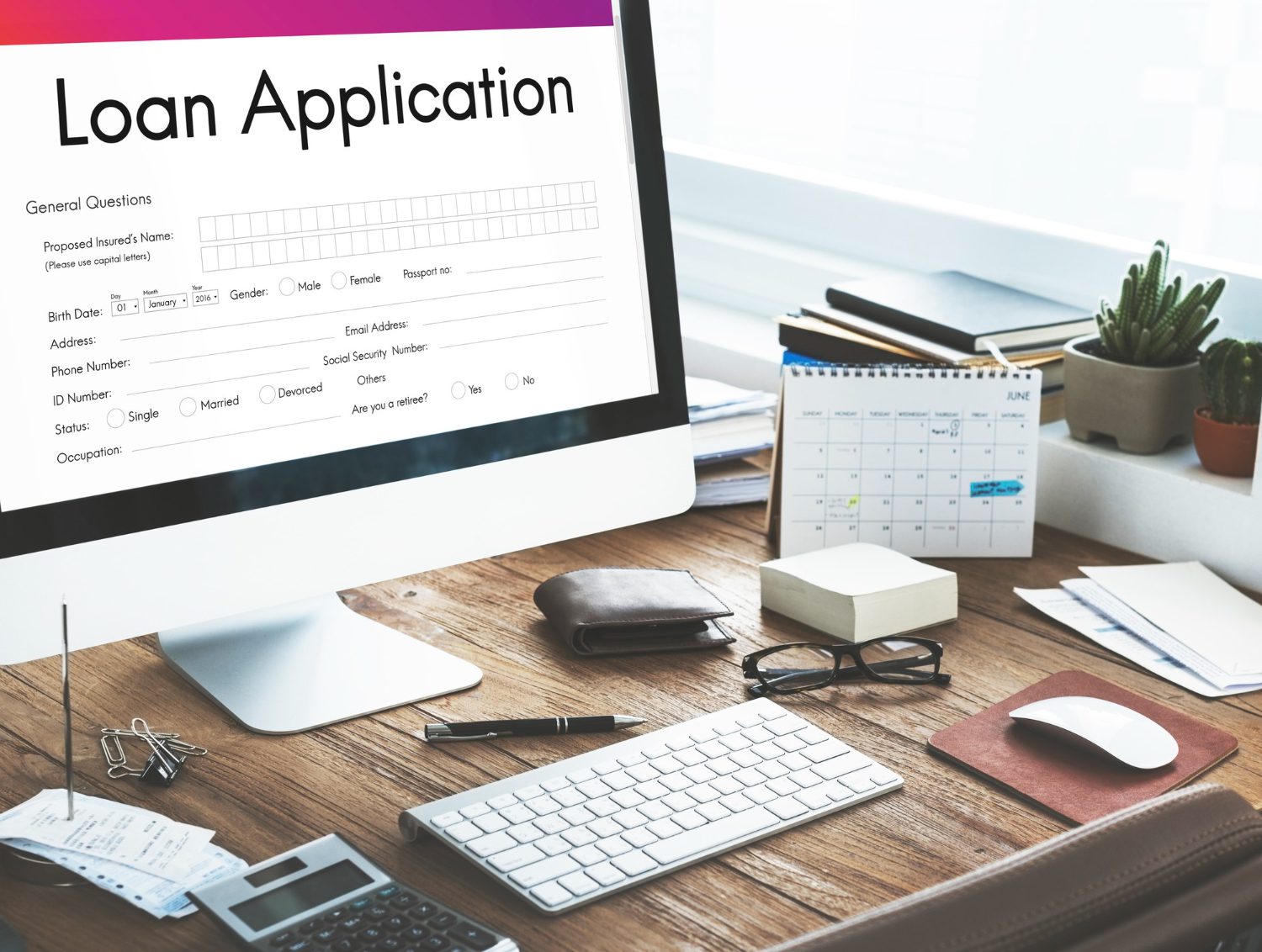
Singapore’s real estate market has long been an attractive destination for foreign investors and expatriates. Renowned for its stability, transparency, and high-quality developments, the city-state provides numerous opportunities for property ownership. Its strong governance, strategic position, and resilient economy position it as one of the leading property markets in Asia. However, navigating the home loan process as a foreigner requires a clear understanding of legal, financial, and procedural nuances. Understanding mortgage eligibility is key for foreigners seeking financing options when purchasing private property in Singapore. This comprehensive guide will provide insights into the eligibility criteria, key considerations, and steps for securing a home loan in Singapore as a foreign buyer.
Eligibility for Home Loan: Starting Your Journey in Singapore’s Property Market
Overview of Property Types Available to Foreigners
Foreigners are permitted to purchase specific types of properties in Singapore, subject to legal restrictions:
- Condos and Apartments: These private properties are readily available to foreign buyers without special permissions, offering a wide range of options from luxury developments to mid-tier choices.
- Landed Properties: Generally restricted to citizens and PRs, foreigners require approval from the Singapore Land Authority (SLA) under the Residential Property Act to purchase landed properties. Approval is granted on a case-by-case basis.
- Executive Condominiums (ECs): These hybrid properties are initially subsidised public housing but transition to private property status after 10 years, at which point they become available to foreigners.
Legal and Financial Prerequisites for Foreign Buyers
Residency status and its impact on property purchase:
- Non-residents: Non-residents can purchase private properties but face higher Additional Buyer’s Stamp Duty (ABSD) rates and stricter loan terms. Their options are typically limited to condominiums and private apartments.
- Permanent Residents (PRs): PRs enjoy slightly less stringent rules, including lower ABSD rates, but still face restrictions on public housing and access to government grants.
Differences in Property Rights for Residents vs. Non-Residents
Foreigners generally have fewer property rights compared to Singapore citizens and PRs. For instance, they are not eligible to purchase subsidised public housing (HDB flats). Additionally, taxes and stamp duties for foreign buyers are significantly higher, with an ABSD of 60% for all residential property purchases.
Down Payment and Loan-to-Value Ratio
Standard Down Payment Requirements for Foreigners
Foreign buyers in Singapore must prepare for higher upfront costs compared to locals:
- A 25% minimum down payment is required, with at least 5% in cash for the first property.
- For subsequent properties or longer loan tenures, the down payment may increase to 30% or more.
Explanation of Loan-to-Value (LTV) Ratio and Its Significance
The Loan-to-Value (LTV) ratio is an essential metric in home financing. It determines the maximum percentage of a property’s value that banks are willing to finance. For foreigners, the LTV is generally capped at 60-75%, depending on individual factors such as income, credit score, and existing liabilities. Maintaining a strong financial profile is essential to secure favourable LTV terms.
Foreigners must meet more stringent mortgage loan eligibility criteria, especially when applying for loans exceeding 75% LTV. Various factors including ABSD rates and credit score can impact home loan eligibility for non-residents.
How Foreigners Can Qualify for a Home Loan in Singapore
Detailed Explanation of Mortgage Eligibility for Foreigners
Income and employment requirements specific to loan eligibility for foreigners:
- Consistent and provable income is crucial for obtaining a home mortgage. The majority of banks anticipate that foreign applicants will possess an annual income ranging from SGD 50,000 to SGD 100,000, depending on the loan amount.
- Employment in reputable companies or industries with proven stability increases the likelihood of approval.
- Self-employed individuals or business owners must provide additional documentation, such as tax returns and business financial statements, to prove income stability.
For foreign buyers, home loan eligibility hinges on income documentation and employment with a reputable company. Preparing key documents like proof of income and credit reports helps speed up the home loan eligibility assessment process.
Navigating Singapore’s Home Loan Application Process

Step-by-Step Guide on Applying for a Home Loan as a Foreigner
- Determine Your Budget: Assess your affordability, including down payment, taxes, and ongoing costs like maintenance fees.
- Secure a Mortgage In-Principle Approval (IPA): An IPA from a bank provides clarity on the maximum loan amount you qualify for, helping streamline property selection.
- Prepare Documentation: Gather necessary documents, including proof of income, employment, identification, credit history, and property valuation reports.
- Engage Professionals: Work with experienced real estate agents, lawyers, or mortgage brokers familiar with foreign buyers to navigate the process efficiently.
- Submit Application: Choose a bank or financial institution offering favorable terms for foreign buyers and submit your loan application.
- Complete Legal and Financial Formalities: After approval, finalize agreements, pay the required stamp duties, and register the property.
One of the first steps for expats is determining their mortgage eligibility before browsing available condos or apartments. Understanding mortgage loan eligibility criteria can help you gauge how much financing you may qualify for as a foreigner.
Common Challenges Faced by Foreigners and How to Overcome Them
Higher Stamp Duties: The ABSD for foreigners is a significant cost factor. Planning your budget carefully and negotiating with sellers can mitigate the impact.
Stricter Loan Terms: Foreigners often face more stringent loan requirements. Improving your credit score and ensuring a high down payment can enhance eligibility.
Currency Exchange Risks: For foreigners earning in foreign currencies, fluctuations can impact affordability. Consider financial hedging strategies to manage this risk.
Foreigners with inconsistent income streams may face challenges meeting the home loan eligibility criteria set by banks.
Grants and Subsidies for Foreigners
Government-Sponsored Grants
Foreigners typically do not qualify for government-funded grants or subsidies, as these are intended for citizens and permanent residents. Nonetheless, it is wise to remain updated on upcoming policy alterations.
Private Subsidies and Developer Discounts
In Singapore, private developers often provide attractive discounts and incentives to foreign buyers, particularly for new launches. Promotions for early birds, deferred payment schemes, and flexible payment options can lower initial expenses. Engaging with credible developers directly or through agents can help uncover these opportunities.
Strategies to Improve Loan Eligibility for Foreigners
Tips to enhance your credit score before applying for a loan:
- Clear Outstanding Debts: Reducing your Debt Servicing Ratio (DSR) improves your financial profile.
- Maintain Stable Employment: Frequent job changes can negatively impact your loan application.
- Build a Strong Credit History: Regularly pay bills and loans on time to demonstrate credibility to lenders.
Financial Planning Strategies Tailored for Foreign Homeowners
Long-term financial considerations:
- Exchange Rate Fluctuations: If financing in foreign currencies, be prepared for exchange rate risks. Locking in favourable rates through hedging tools can help.
- Ongoing Expenses: Account for recurring costs, such as property taxes, maintenance fees, and insurance premiums to avoid financial strain.
- Resale Market Trends: Consider the property’s potential for appreciation or rental yield to align with long-term investment goals.
Conclusion: Loan eligibility for foreigners
Buying property in Singapore as a foreigner is an exciting yet complex endeavor. Understanding home loan eligibility for foreigners, preparing the necessary financial and legal documentation, and strategically enhancing your financial profile can greatly increase your chances of success. Strengthening your financial profile can greatly improve your mortgage eligibility when applying for property loans in Singapore.
By employing effective strategies, professional advice, and a clear understanding of the market, foreign investors and expatriates can tap into the opportunities presented by Singapore’s vibrant and world-class real estate sector.
Want to find the best mortgage rate in town? Check out our free comparison service to learn more!
Read more of our posts below!

